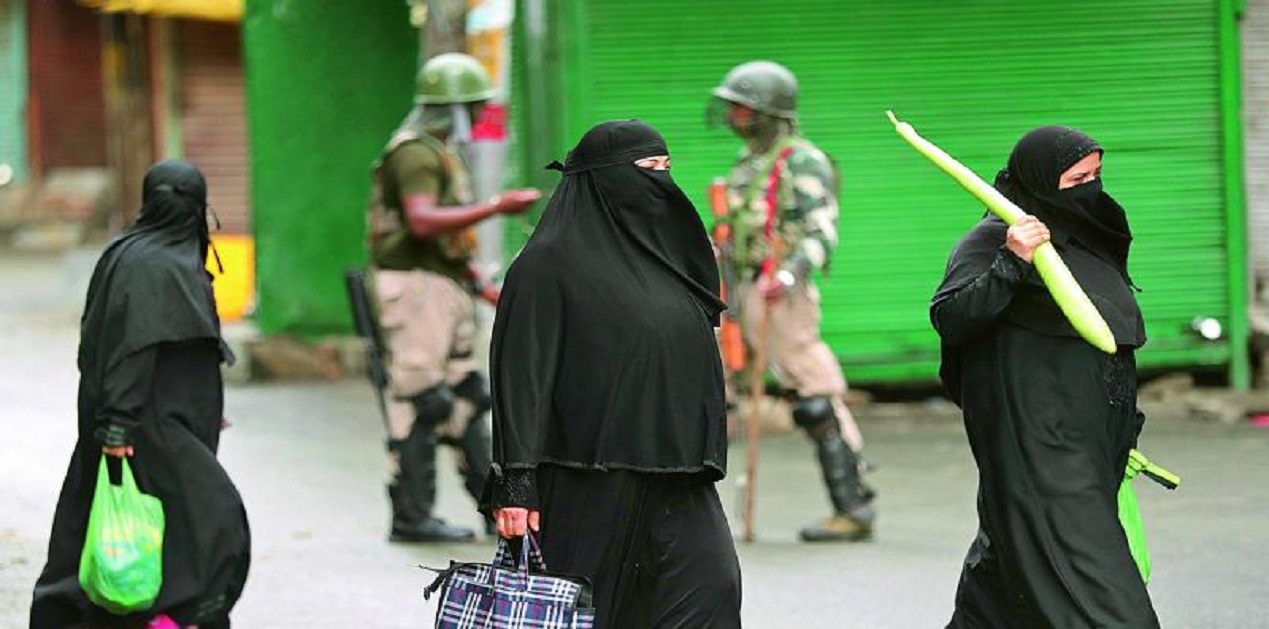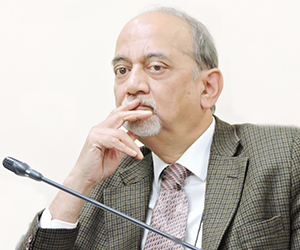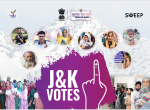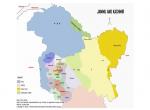Articles 370 and 35 A, which gave special status to J&K were part of Indian Constitution. Their repeal does not violate any international agreement. These ensured that the people of J&K enjoyed democratic rights within the Indian Union, which the people of Pakistan Occupied Kashmir (POK) never had. Even after the recent amendment, there will be no change in this position. As part of the Union Territories, the people of J&K and Laddakh will continue to have representation in Indian Parliament. On the other hand, the people of POK and Gilgit–Baltistan, do not have any representation in Pakistan’s National Assembly, though Islamabad is the ultimate arbiter of their fate.
The change in status of J&K is an internal change defining relationship of with the Center within India’s Federal frame-work. Pakistan has made such changes in POK several times. First, Northern Area was separated from POK in 1949 in a secret pact between leaders of the Muslim Conference and Pakistan. As POK High Court in a historical judgement in 1993 noted, this changed the territorial status quo of the area in violation of UN Security Council resolutions. This was also violation of the right of self-determination of the Kashmiri people – the decision was made without ascertain their wishes. The second change was brought about in 1963, when a part of erstwhile state of Kashmir was ceded by Pakistan to China. Third change was creation of a legislature and the office of Chief Minister in Gilgit-Baltistan, formerly known as Northern Areas, in 2009.1 This essentially perpetuates separation of the territory from POK by giving it a democratic garb. Neither the people of POK, nor Gilgit-Baltistan, have vote in the national assembly.
The people of POK and Gilgit Baltistan were deprived of their democratic right to vote in National Assembly elections to maintain the legal fiction that Pakistan has not altered the territorial status quo on which UN resolutions calling for Plebiscite were based. In effect, the area has been ruled by Kashmir Council chaired by Pakistani Prime Minister. The composition of the Committee is such that representatives of POK are always in a minority.
There was an interesting exchange in Pakistan National Assembly session, which was called to protest against Indian actions. The MPs were exercised that the text of the resolution did not have any reference to Articles 370 and 35 A. Pakistan Army was opposed to such reference, because they did not want to accord recognition to the arrangement which implied J&K was part of Indian Constitutional scheme. It is ironical that Pakistan is protesting against repeal of the provisions it did not accept to begin with.
Prime Minister Imran Khan’s speech was devoted to projecting Kashmir, and its relationship with Pakistan, in terms of Hindu-Muslim animosity and Jinnah’s concept of the new State. Reference to Jinnah brought applause from the MPs. Ironically, he subtly tried to equate his call for making Pakistan ‘Riyasat-e–Madina’ with Jinnah’s thoughts. Jinnah’s speech of 11th August 1947, which Imran Khan quoted, was couched in modern idiom. There was an ambivalence in Jinnah’s thoughts and actions. Having espoused Two Nation Theory, and given the call for Direct Action which led to communal clashes, he could not wish away its consequences. But it was very far from today’s Pakistan or where Imran Khan would like to take it. Jinnah has been co-opted to advance political ends of the beleaguered Pakistani Prime Minister.
Imran Khan’s government survives on a majority of six seats in the National Assembly, the value of Pakistani rupee has depreciated by 50 percent since November 2017, and the economy was bailed out by $ 6 billion Extended Fund Facility of IMF. The austerity package put in place as a result of IMF package is expected to bring down the growth rate to 2.5 % for 2019-20. The combination of higher tax and lower government spending on public services will slow - down the economy.2 Karachi Stock Exchange has reached lowest level in four years.
Prime Minister Imran Khan’s speech was also peppered with references to minority protection. This is difficult to reconcile with increasingly intolerant nature of Pakistan’s society. PM Imran Khan was forced to drop Atis Mian as his choice for the post of Chairman of Economic Advisory Committee because the candidate was an Ahmadiya. During PMLN government, the Law Minister Zahid Hamid was forced to resign in November 2017 on the issue of change in the wordings of the electoral oath. When the highest law officer cannot survive pressure from extremist parties, the fate of minorities is a matter of speculation. The party in question Tehrik–e-Labbaik–e–Pakistan (TLP) is no longer an outlier in politics. They were allowed to participate in the Parliamentary elections in 2018 with active intervention by Pakistan’s Army. They helped Imran Khan’s PTI by cutting into Nawaz Sharif’s vote bank, particularly in Punjab. The indebted Prime Minister despite his rhetoric has to follow their diktats not only in religious affairs, but also in choice of his economic advisor.
Interestingly, Prime Minister Imran Khan’s speech did not tell the world anything about the part of J&K, which Pakistan continues to occupy illegally. Since inception, Pakistan has not provided any constitutional safeguards to the people of POK. Nor was there any equivalent of article 35 A in the constitution of POK. Was it an accident? In any case, this has already changed the demographic composition of the area.
Maryam Sharif has been recently arrested; Nawaz Sharif is already in jail. Against the background of bitter power struggle between the Government and Opposition in Pakistan, both sides are likely to use Kashmir issue to increase their popularity. This will only escalate the rhetoric; there are no restraining voices in Pakistan.
There is need for caution against some incident in the Valley, which Pakistan could try to engineer on the eve of UN General Assembly Session. PM Imran Khan’s speech, though short in substance, almost seemed designed to invite an incident in the Valley. Pakistan’s first reaction after India’s decision to repeal Articles 370 and 35 A was the threat that Pakistan will use ‘all means’, an accepted usage for threatening military action. They have already taken defence attaches of selected countries to its side of the Line of Control, and shown them parts of cluster bombs allegedly dropped by India. Pakistan to some extent is constrained by economic austerity imposed by IMF and the need to exit from FATF (Financial Action Task Force) grey list. But at some point the pressure on a weak Prime Minister from the Army and Jehadis could become too much. He himself is prone to use these tactics.
References:
- Pakistan needs to stop thinking of Kashmir as an unfinished business of Partition, Hussain Haqqani, the Print, August 2019.
- EIU Country Report, July 2019.
Image Source; https://s3.ap-southeast-1.amazonaws.com/images.deccanchronicle.com/dc-Cover-27h24r7c6d3hqa95unl1c0bp90-20190811013154.Medi.jpeg











Post new comment